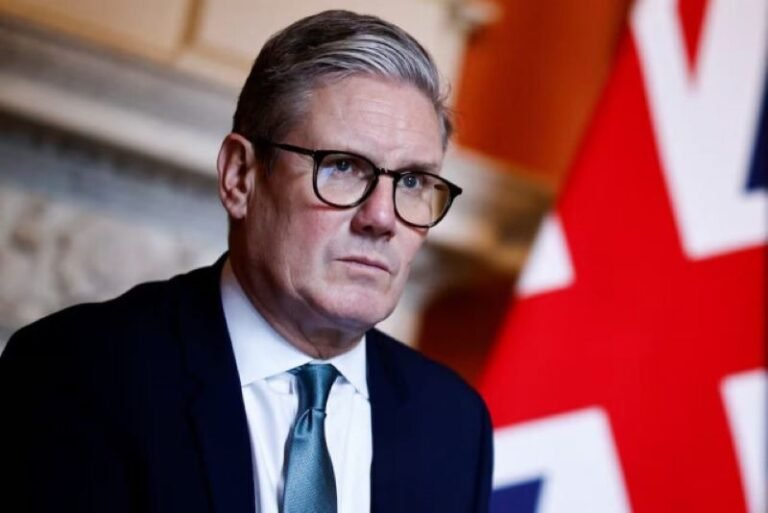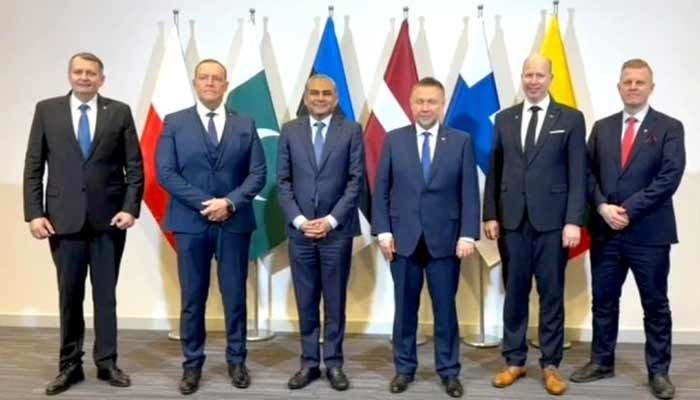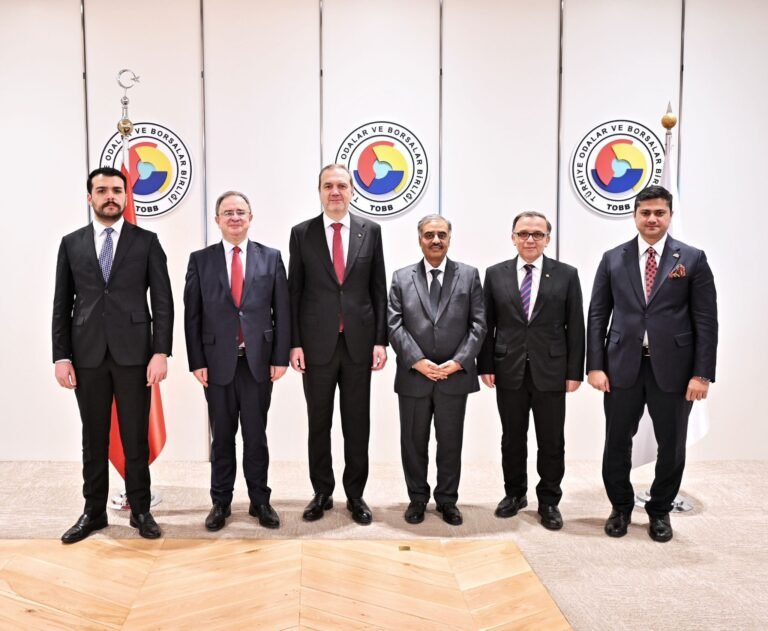New York City, 4 December 2021 (TDI): UNICEF reports that women and children are at higher risk of being pushed into modern slavery. UN International children Emergency Fund (UNICEF) warned that global challenges have amplified the existing vulnerabilities. For instance COVID 19, climate change along with the armed conflicts.
The International Day for the abolition of slavery is commemorated annually on 2 December. However modern slavery is still persistent in the contemporary global economy.
There is a difference between historic slavery and modern slavery. Historic slavery was legal. It can be measured easily however modern slavery tends to emerge in the shadow economy.
According to the estimates of UNICEF and the International Labour Organization (ILO) almost 80 million children are subjected to hazardous work. The age range of children is from 8 to 17. They are pushed into contemporary forms of slavery.
Children may be working longer hours or under worsening conditions as a result of the economic recession and school closures caused by pandemic, UN experts warned ahead of the International Day for the Abolition of Slavery @UN_SPExperts #modernslaveryhttps://t.co/zSZDoscGkx
— UN News (@UN_News_Centre) December 3, 2021
The children are working long hours. Moreover, there are unsafe working conditions. The work continues with no breaks. Moreover, they face extreme conditions. The school closure along with the economic recession in COVID-19 amplified the vulnerabilities.
Child labour is also a form of contemporary slavery. The families during the COVID 19 faced economic and job losses. Consequently, there is forced recruitment of youngsters. They also get involved in armed and extremist groups.
According to the estimated UNICEF, one in every 130 women and girls is subjected to contemporary forms of slavery. It includes child and forced marriage. Along with domestic servitude. Furthermore, they also suffer forced labour along with debt bondage.
The exploitation is also ingrained in global supply chains. They reinforce labour exploitation. It also deepens gender inequality. On the International Day for the abolition of slavery, UNICEF appealed to the UN member states to increase their contribution to the funds to halt this inhumane practice. As well, to assure easier access to decent work. Moreover, there is a need for more cooperation with the business sector. Civil society organizations and trade unions also need to cooperate to end the practice of modern slavery.















